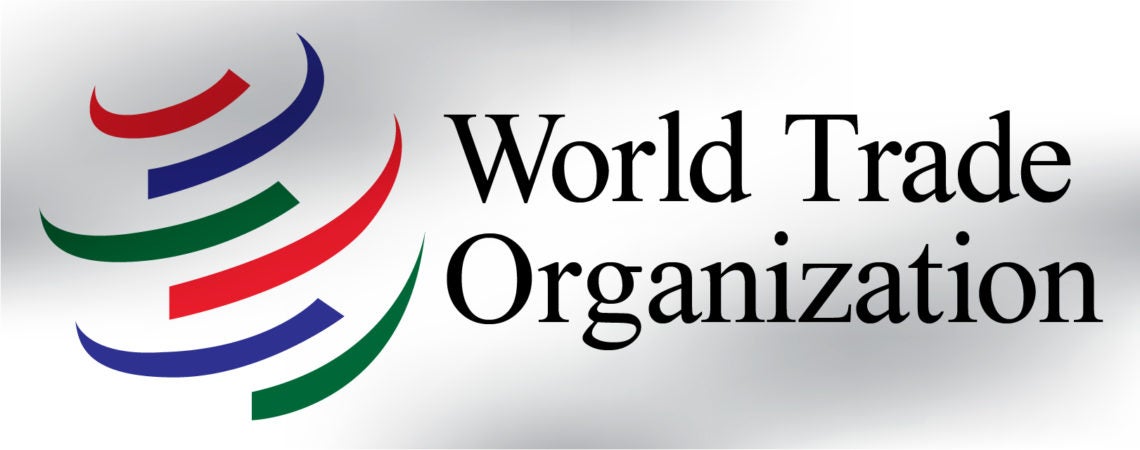The WTO’s latest Trade Monitoring Report on G20 trade measures shows a slowdown in the number and coverage of trade-restrictive and trade-facilitating measures on goods implemented by G20 countries between mid-May and mid-October 2020, primarily as a result of the sharp decline in overall global trade since the COVID-19 outbreak. The report also documents numerous trade-facilitating and support measures introduced by G20 economies in response to the economic downturn in order to prepare the ground for a strong economic recovery.
This 24th WTO Trade Monitoring Report on G20 trade measures was prepared against the backdrop of the COVID-19 pandemic and the human, social and economic toll it continues to exact. While the previous report, issued in June 2020, captured only the very early effects of the COVID-19 pandemic, the new report reflects more fully the impact the global health crisis has had on trade and trade policy.
Although world trade had already been slowing before the pandemic, merchandise exports in nominal USD terms was down 21 per cent in the second quarter of 2020 compared to the previous year, while commercial services exports was down 30 per cent.
The trade coverage of ‘regular’ import-facilitating and import-restrictive measures introduced during the five-month period, that is those unrelated to the COVID-19 pandemic, dropped to USD 36.8 billion (down from USD 735.9 billion in the previous period) and USD 42.9 billion (down from USD 417.5 billion) respectively. This was a function of the sharp decline in overall global trade flows, the diversion of governments’ attention towards pandemic response, and relative stasis in major bilateral trade tensions that had elevated both sets of figures in earlier reporting periods — as well as a general commitment to keep trade flowing.
To read the full article click here.

